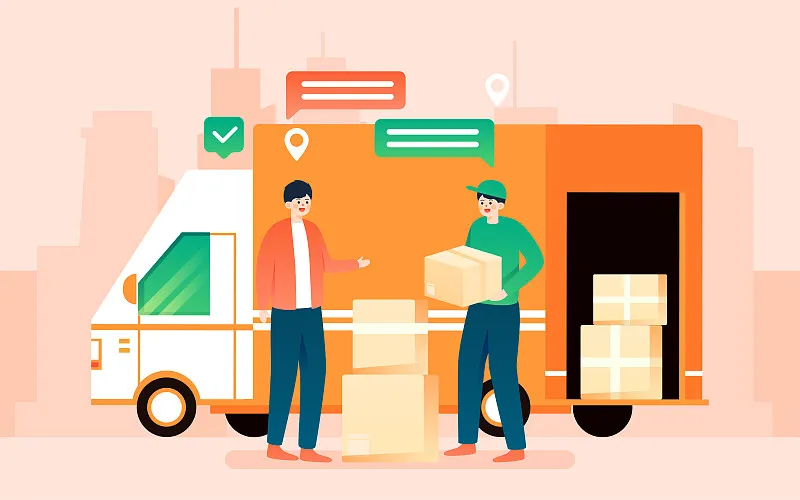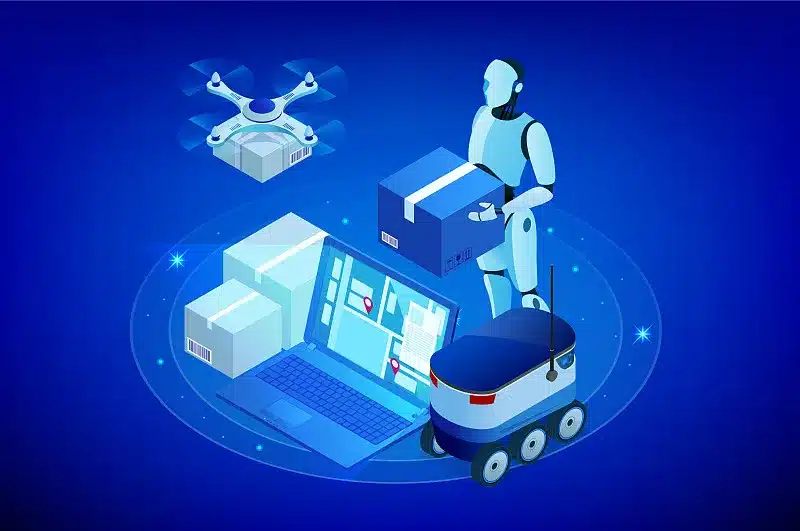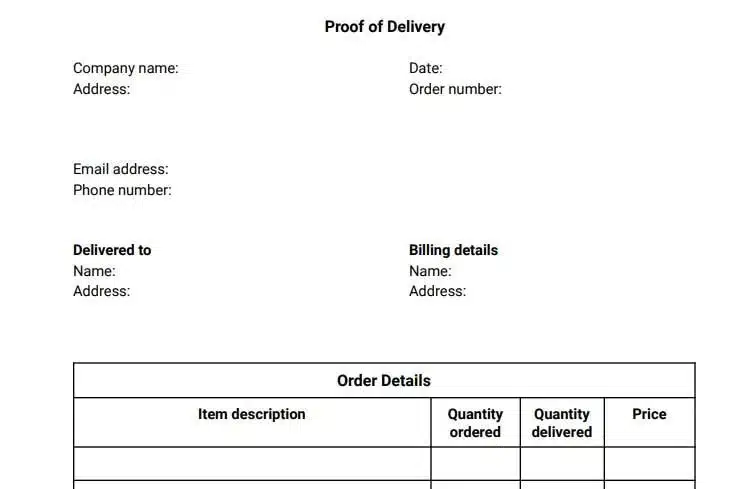In modern supply chain management, third-party logistics (3PL) is an outsourced service in which companies entrust some or all logistics and supply chain links to professional service providers. This article will explore in depth the definition, advantages, scope of services and selection guide of 3PL to provide a reference for the logistics layout in 2024.

What is third-party logistics?
Third-party logistics, or 3PL for short, refers to outsourcing a company’s logistics and supply chain management functions to a professional external service provider. These service providers offer a range of logistics services, including warehousing, transportation, inventory management, and order fulfilment, by integrating resources, expertise, and management experience to help companies optimize their operating processes, reduce costs, and focus on developing their core businesses.
What are the advantages of third-party logistics?
Cost-effectiveness: By integrating the logistics operations of multiple customers, 3PLs can achieve economies of scale and reduce unit logistics costs. At the same time, companies do not need to invest in the construction and operation of logistics facilities themselves, which reduces a lot of fixed-cost investment.
Professional services: 3PL providers have professional logistics knowledge and experience, are familiar with various logistics processes and technologies, and can provide more efficient and higher-quality logistics services, such as accurate inventory management, fast order processing and delivery etc., to improve customer satisfaction.
Resource integration: 3PL companies have an extensive logistics network and resources, including warehouses, transport vehicles, logistics equipment, etc., which can be flexibly deployed according to customer needs, achieving an optimal allocation of logistics resources and improving logistics efficiency.
Risk sharing: By outsourcing logistics operations to a 3PL, companies can transfer some of the risks associated with logistics to a professional service provider, such as risks of transport delays and inventory backlogs, reducing the company’s operational risks.
Flexibility and scalability: As a company’s business develops and changes, so will its logistics needs. 3PL can adjust its logistics service plan promptly according to the company’s needs, providing flexible services to meet its development requirements at different stages and helping the company achieve scale expansion.
What services does third-party logistics provide?
Warehousing services: include storage, safekeeping, inventory, sorting, and other handling of goods. 3PL companies usually have modern warehouse facilities and can provide different types of warehousing services, such as general warehouses, refrigerated warehouses, and constant-temperature warehouses, according to the characteristics of the goods and customer needs.
Transportation services: responsible for the transportation and distribution of goods, covering various transportation methods such as road transportation, railway freight, air freight, and ocean Freight. 3PL can choose the most appropriate transportation method based on factors such as the weight, volume, and urgency of the goods to ensure that they are delivered to their destination promptly and safely.
Inventory management: Advanced information technology and management systems help monitor and manage the customer’s inventory in real-time to achieve optimal inventory control, reduce inventory costs, and prevent out-of-stock and overstock situations.
Order fulfilment: 3PL can efficiently complete a series of operations from receiving customer orders to sorting, packaging, and shipping goods, ensuring the accurate and timely processing of orders and improving the customer shopping experience.
Value-added services: Some 3PLs also provide value-added services, such as customized packaging, labelling, assembly, and reverse logistics, to provide more comprehensive logistics solutions for enterprises and meet their diverse needs.
What is the difference between third-party logistics and freight forwarding?
Freight forwarding mainly focuses on freight forwarding services. Its core business is to arrange freight transportation for cargo owners, including booking space, customs clearance, inspection, freight forwarding, etc., connecting cargo owners with transportation companies, but generally not involving other logistics links such as warehousing and inventory management of goods. Third-party logistics, on the other hand, provides more comprehensive logistics solutions, covering a complete set of supply chain services such as warehousing, transportation, inventory management, and order fulfilment.

What factors should be considered when selecting a third-party logistics provider?
Corporate reputation and word of mouth: Choose a 3PL provider with a good reputation and word of mouth. You can check its reputation by looking up online reviews, consulting industry peers, and checking historical cooperation cases to ensure that it has a reliable performance in terms of service quality and business ethics.
Service quality and stability: This includes service quality in terms of the punctuality of transportation, the safety of goods, the accuracy of inventory management, and whether a stable service level can be maintained during long-term cooperation to avoid fluctuations in service quality that affect the regular operation of the enterprise.
Price and cost: Consider comprehensively the service price, charging model, and possible cost savings brought by the 3PL supplier. You should pay attention to the direct logistics cost and consider the indirect cost benefits brought about by factors such as improved logistics efficiency and reduced inventory costs.
Technical capability and level of informatization: advanced technology and information systems can help improve the efficiency and transparency of logistics management, such as real-time inventory monitoring, order tracking, transport scheduling and other functions. Therefore, choosing a 3PL supplier with strong technical capabilities and a high level of information is necessary to collaborate better and manage the logistics process.
Service network and coverage: Based on the enterprise’s business layout and market coverage, choose a 3PL provider with a corresponding service network and coverage capability to ensure that it can provide timely and effective logistics services in the required areas of the enterprise.
Customization capability: Different enterprises have different logistics needs. An excellent 3PL provider should be able to provide customized logistics solutions based on the specific needs of the enterprise to meet its individual business requirements.
Risk management capabilities: The logistics process involves various risks, such as transportation delays, natural disasters, changes in policies and regulations, etc. 3PL providers should have specific risk management capabilities and be able to formulate corresponding risk response measures to reduce the impact of risks on logistics services.
Willingness to cooperate and communication skills: Good willingness and communication skills are the basis for establishing long-term and stable cooperative relationships. Choosing a 3PL provider that can actively respond to business needs and promptly communicate and solve problems will help improve the efficiency and effectiveness of cooperation.
Summary
Third-party logistics (3PL) plays a vital role in modern supply chains. By choosing a professional and reliable 3PL service, companies can optimize logistics processes, reduce operating costs, and improve customer satisfaction. In the future business environment, 3PL will become a competitive advantage for companies.




